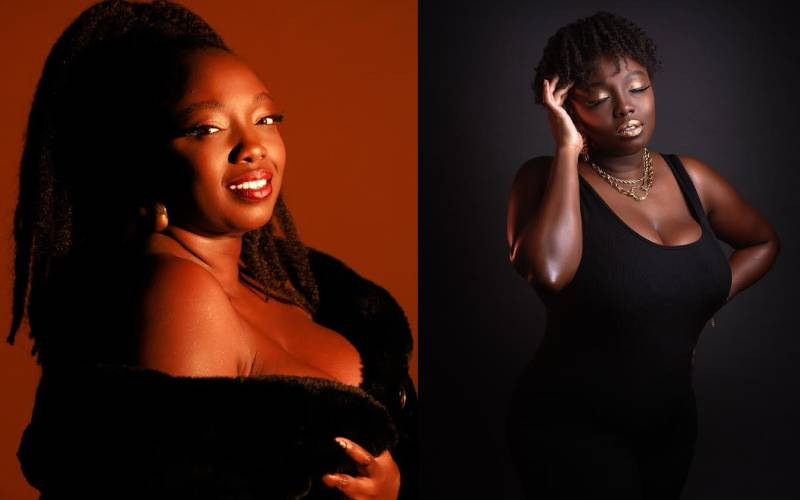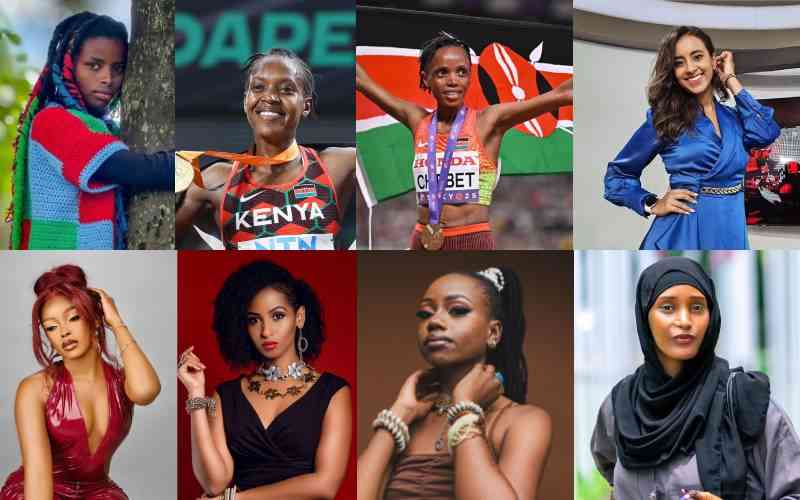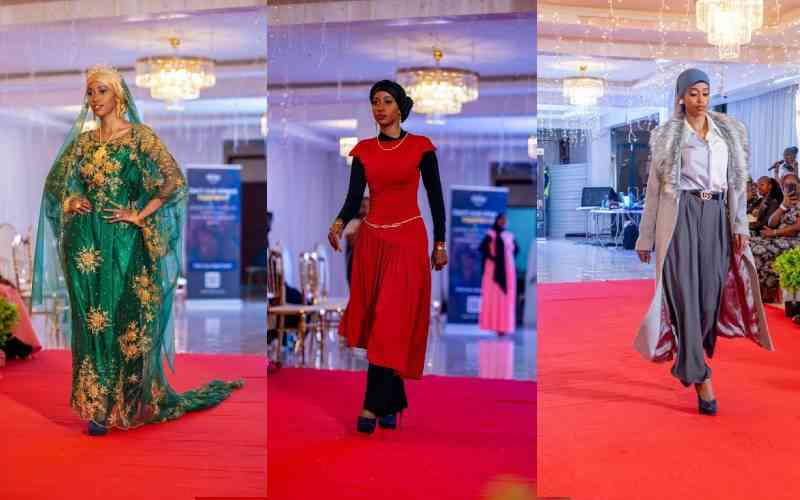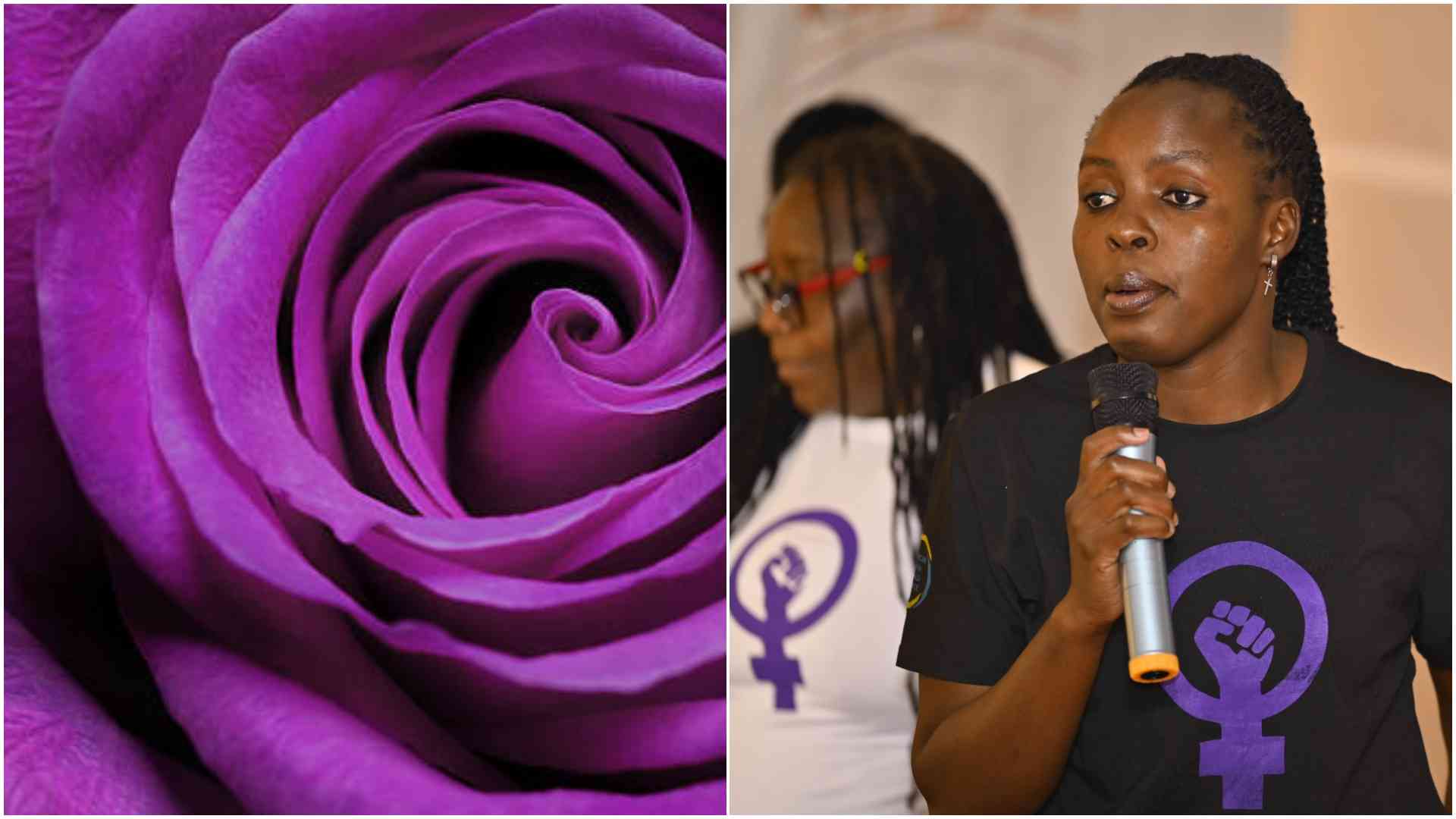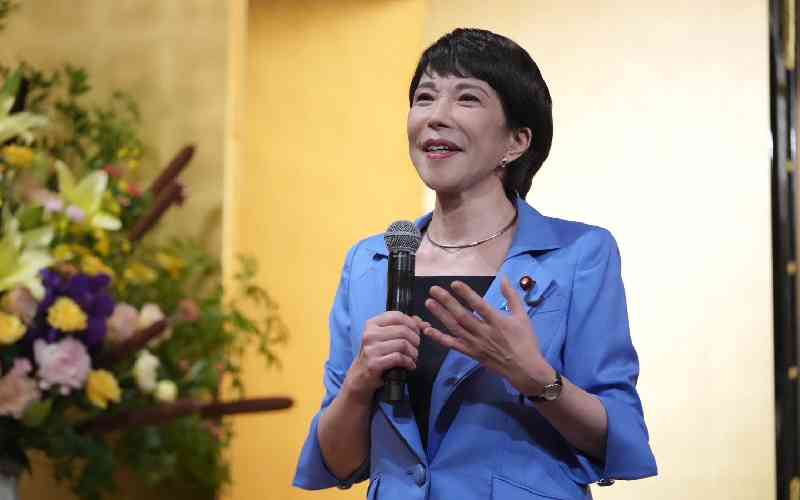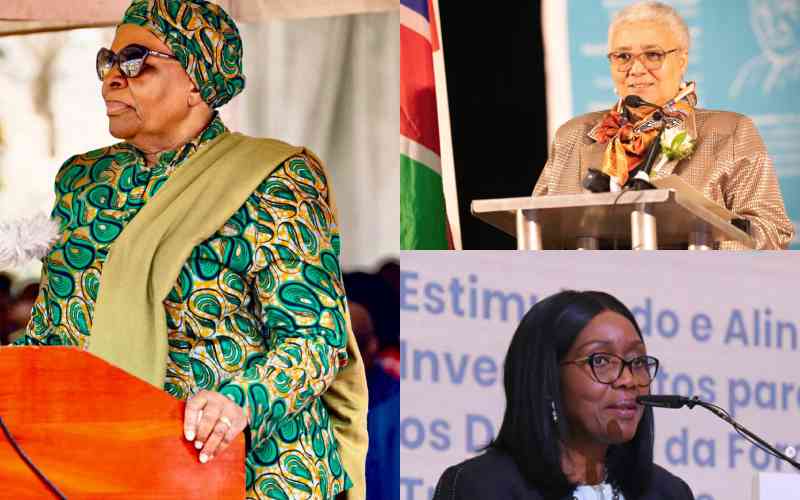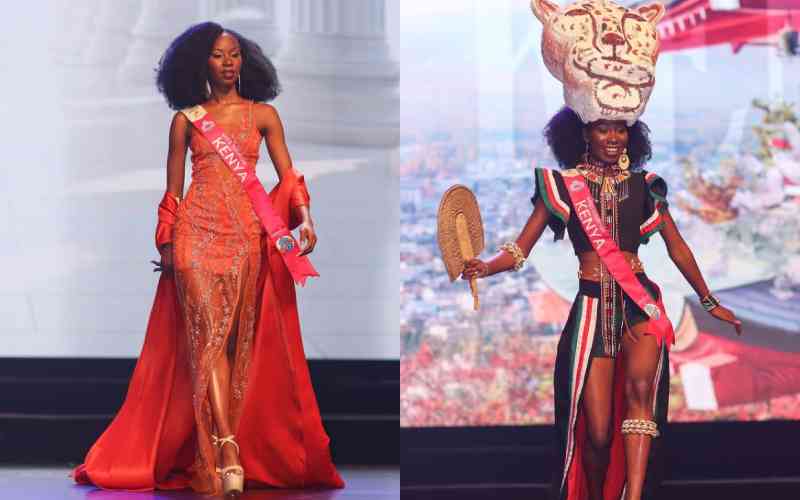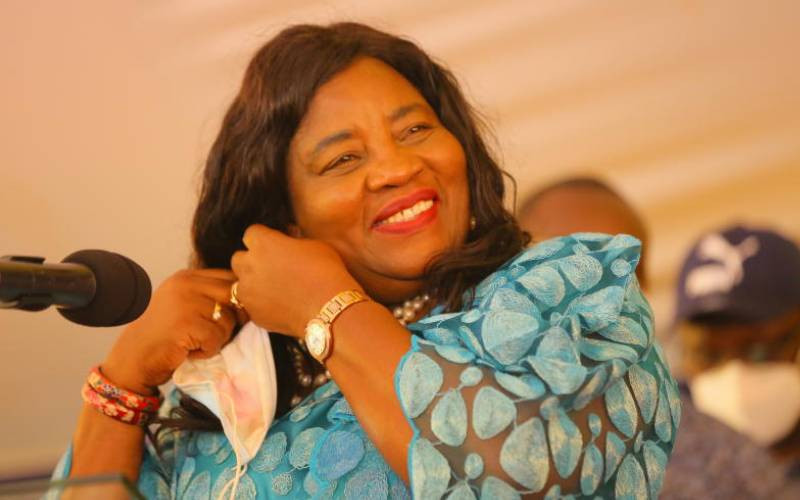
PhD candidate Fiona Mumoki recently received a fellowship award in the Regional programme L’Oréal-UNESCO for Women in Science Africa. The prestigious programme has over the last 20 years recognised female scientists and funded research projects that make an impact to the world. Fiona opens up about her journey to a scientist changing the world, one bee at a time.
Tell us a little about yourself.
My name is Fiona Nelima Mumoki, I am the third-born in a family of five siblings. I was born and raised in Nairobi Kenya. Currently, I am a PhD candidate at the University of Pretoria.
What does being a researcher at University of Pretoria entail?
My study looks at signals of communication in social insects, specifically, honey bee workers with the ability to become false queens. Being a PhD candidate/researcher at the University of Pretoria mainly involves lots of hours reading, writing and carrying out experimental work. Reading helps you to stay informed on current priorities, techniques and solutions addressing your field of focus; ultimately this is what enables you to do good research. My experimental work involves both field and lab work. We have a university apiary where we keep and maintain our bee colonies. I get my bees from here, and do my chemical and genetics experiments from the various labs. Finally, I analyse results constantly and write them out in manuscripts for publication. I try to incorporate younger students as I carry out my research in order to pass on not just research techniques but also in an effort to mentor the younger generation into scientific research.
Also you are focused a lot on bees. Why bees?
I focus on honey bees because of the direct link between pollinators and food security. Honey bees are generalist pollinators, said to be responsible for the pollination of more than 71% of the food crops consumed by man. Pollinator populations around the world have been decreasing now for decades due to a myriad of factors including diseases, pests, land fragmentation and use of pesticides, among others. This loss is a big threat to global food security and to address this issue, we have to understand our pollinators and focus on ways to conserve them and their diversity.
Is it true that the extinction of bees could mean the extinction of mankind?
I think so. This is due to the aforementioned link between honey bees and global food security. In addition to these, through their pollination services, honey bees (indirectly) avail to mankind a myriad of other benefits such as control of soil erosion and climate regulation. These benefits are known as ecosystem services. Combining these direct and indirect benefits, loss of bee colonies will definitely be the demise of mankind.
Why research? What inspired you to get into that field?
My inspiration to get into research actually comes from a book I read as a child. My dad is a therapy radiographer and he had this book that detailed research funded by (I think) General Motors Cancer Research Foundation. The book outlined the 1986 research reports and showcased the award recipients for the next year. I remember reading a quote from the book “research is not a straight line….it is searching without knowing where or how the answer will be found.” I thought this is so interesting! I loved learning about living things and the environment around me. Keeping slugs in the house (to the dismay of my mother!) and here was a book celebrating curiosity! I was hooked!

You have studied in Nairobi and Pretoria, have you seen a difference in the education system?
Yes, I have seen both similarities and differences. Both universities have a strong emphasis on hard work and academic excellence. The one main difference that I have seen is that the University of Pretoria (UP) also places an extremely strong focus on scientific research. This is seen in all spheres but mostly in the amount of funds that it makes available to the researchers and students for this purpose. UP also acts as a capable channel between the researchers and funding bodies to enable as many UP researchers as possible to get the resources that they need for their work.
Girls have generally shied away from enrolling in STEM courses. Is this a social or institutional problem?
I think it is both. When younger, I think the social pressure is strongest. Young girls stay away from STEM to avoid being called nerds because they feel nerds are not so interesting to be around and so, they will have no friends or even…boyfriends. They don’t want that tag.
As we grow older, institutional problems start being the major factor. Many young women do not know where to start when it comes to pursuing STEM careers. How will they reconcile social/family lives with the demanding STEM careers? This is a mentoring problem. Because women are still the primary caregivers in most social/family units, many decide to stay away from STEM because of the huge demands placed on them from all angles. How does a young woman with a small child get space to breastfeed their child in private at the institution where job demands more than 12 hours of work? Is there a place for here to leave her child briefly pop in and out of the lab as she continues with her work day? That too is an institutional problem.
What in your opinion can be done to encourage girls to join STEM disciplines?
To encourage young girls to join STEM disciplines think women scientists should make themselves more visible! Young girls need to see that women can establish successful careers in traditionally male-dominated fields. Secondly, we need to show that science is all around us. It is in the ordinary day-to-day stuff. Finally, we need to show that it is fun and feminine!
For the young women already in high school, undergraduate and postgraduate STEM studies, we need to mentor them. We need to show them the routes we took in establishing our own careers and walk with them as they chart out their own paths as well. I am the product of great mentoring and I can’t emphasise this enough. Finally, we need to focus on institutional barriers that prevent highly qualified women from establishing great careers in science!

What are the opportunities available for women in the field of research?
The opportunities available to for women in the field of research are many! For instance, we have funding available for women at the postgraduate level through the Organisation for Women in Science for the Developing world (OWSD) that gives scholarships for women to carry out postgraduate studies in science.
The L’Oreal-UNESCO For Women in Science fellowships also provide funding for research for women scientists all over the world, including sub-Saharan Africa.
We also have organisations such as the African Women in Agricultural Research and Development (AWARD) that provide mentoring for women and young girls into establishing successful careers in scientific research! These are just to name a few! The opportunities are many!
What would you say is the importance of having women in the STEM disciplines?
Women make up about 50.8% of the global population. It is important that when we develop infrastructure, medicines, or come up with solutions for the world’s problems, we factor in the opinions and inputs of the other half of the population. Women are just as intelligent, hardworking and as capable as the men. We have a lot to contribute to our economies and to the challenges faced in society.
In a field dominated by men, have you faced any challenges as a woman and how did you deal with them.
I’d say one of the biggest challenges in this male-dominated field, has been self-doubt. On a good day when the results are streaming in and manuscripts are getting published, all is well. However, every now and then when things are extremely tough, it is easy to ask yourself if you are in the right field. If you are good enough.
To deal with this, I try to surround myself with friends who are in similar situations and with whom I can safely open up over a cup of good coffee. Here we encourage each other, laugh or cry together, then go back to work and start over. I am also fortunate to have a very supportive husband who is also my best friend. I talk with him about this a lot…no filters needed!
If you had to start from scratch, what would you do differently?
If I had to start from scratch, I would start mentoring students earlier. I would start working with other women students earlier and I would go further out of my comfort zone to reach out.
How do you motivate yourself and stay motivated?
I motivate myself my looking around me and actually seeing the challenges that we face in Africa due to food insecurity and compare our situation with that of other countries where this challenge has been surmounted though good leadership and scientific acumen. This pushes me to work hard and to add my efforts to those of millions here in Africa working diligently to address these problems. I stay motivated by constantly trying to push my own boundaries and also through prayer and meditation.

Do you have a mentor to guide you through this journey?
Oh yes, as alluded to earlier, I have had great mentors, giants on whose shoulders I continue to stand. I am forever indebted to Dr. Daniel Masiga from the International centre of Insect Physiology and Ecology here in Nairobi Kenya, for guiding me as a young intern and later a Masters student in his lab. Dr. Masiga is a brilliant biochemist who showed me why we do science in the first place, what it takes to have mastery of my work and the importance of mentoring the next generation. Dr. Masiga also created a lab environment where a young student can find their voice and thrive. For this I am eternally grateful.
I have also had great mentoring and support from Prof. Robin Crewe, Prof. Christian Pirk and Dr. Abdullahi Yusuf at the University of Pretoria and Prof. Anne Muigai (Jomo Kenyatta University of Agriculture and Technology).
Definitely not least, my parents Humforce and Margaret Mumoki taught me from an early age, how to think. They gave me the liberty to follow my curiosity regardless of where that may lead me. It is because of them that I am.
In summary what are the five tips you would give women who are interested in joining the field of science?
Find a mentor who believes in your abilities and is willing to walk the journey with you If you decide to get married, make sure that you choose a partner who supports your career, one who is interested in your success just as much as his. This is important for all careers. When you face challenges (and you will), do not give up! Seek out and learn from people who have successfully surmounted these challenges. Learn from them. Do not give into self-doubt. Ask for help when you need it, whether it is in the home or at the workplace. Have a small network of other young women in in your field, with whom you can walk the journey together. This peer group is critical as it will keep you sane and well grounded. The Standard Group Plc is a multi-media organization with investments in media
platforms spanning newspaper print
operations, television, radio broadcasting, digital and online services. The
Standard Group is recognized as a
leading multi-media house in Kenya with a key influence in matters of national
and international interest.
The Standard Group Plc is a multi-media organization with investments in media
platforms spanning newspaper print
operations, television, radio broadcasting, digital and online services. The
Standard Group is recognized as a
leading multi-media house in Kenya with a key influence in matters of national
and international interest.


